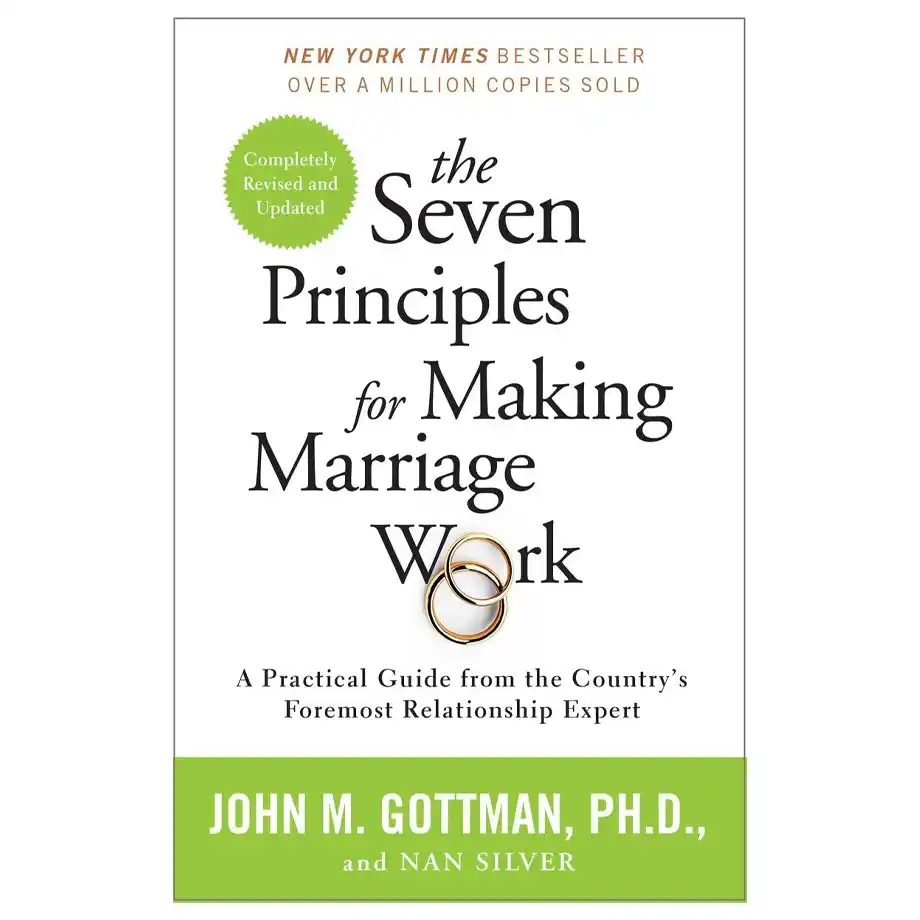Hey there, friend. Let’s sit down with a cup of coffee (or tea, or wine—no judgment here) and talk about something that’s been on your mind: Why is my husband yelling at me? First off, I want to say this: you’re not alone. Relationships can be messy, emotional, and downright confusing sometimes. And when yelling enters the picture, it can feel like you’re stuck in a bad reality TV show. But don’t worry—we’re going to unpack this together, with a little humor, a lot of understanding, and some practical advice to help you navigate this tricky situation.
Why Do People Yell, Anyway?
Let’s start with the basics. Yelling is often a sign that someone is overwhelmed, frustrated, or feeling unheard. It’s like when your toddler throws a tantrum because they can’t find their favorite toy—except, you know, it’s your grown-up husband. (Cue the eye roll.)
Sometimes, yelling is a learned behavior. Maybe your husband grew up in a household where raised voices were the norm, and he hasn’t quite figured out how to communicate differently. Other times, it could be stress from work, finances, or just life in general bubbling over. And let’s be real—parenthood, if you’re in that stage, can turn even the calmest person into a walking pressure cooker.
But here’s the thing: while yelling might feel like a release in the moment, it’s not a healthy way to communicate. It can leave you feeling hurt, disrespected, and wondering if you’re the problem. Spoiler alert: You’re not.
What’s Really Going On?
Before we jump to solutions, let’s take a step back and try to understand what’s behind the yelling. Here are a few common reasons your husband might be raising his voice:
He’s Stressed Out
Life is a lot. Work deadlines, bills, kids screaming in the background—it’s enough to make anyone snap. If your husband is yelling more than usual, it might be less about you and more about the weight he’s carrying.
He Feels Unheard
Sometimes, yelling is a misguided attempt to be heard. If your husband feels like his opinions or feelings are being dismissed, he might resort to raising his voice to get your attention.
He’s Struggling with Communication Skills
Let’s face it: not everyone is great at expressing their emotions. If your husband didn’t grow up in an environment where healthy communication was modeled, he might not know how to handle conflict without yelling.
It’s a Pattern of Control
Now, this is where things get serious. If the yelling feels aggressive, frequent, or like it’s meant to intimidate or control you, that’s a red flag. No one deserves to feel unsafe in their relationship.
What Can You Do About It?
Okay, now that we’ve talked about the why, let’s get into the how—how you can respond in a way that’s constructive and empowering.
Stay Calm (Easier Said Than Done, I Know)
When someone yells at you, your natural instinct might be to yell back or shut down. But try to take a deep breath and stay as calm as possible. This doesn’t mean you’re okay with the yelling—it just means you’re choosing not to escalate the situation.
Set Boundaries
It’s okay to say, “I don’t like being yelled at. Let’s talk about this when we’re both calm.” Setting boundaries is not about being confrontational; it’s about respecting yourself and creating a healthier dynamic.
Address the Root Cause
When things are calm, try to have an open conversation about what’s really going on. You might say something like, “I’ve noticed you’ve been yelling a lot lately. Is there something on your mind that we need to talk about?”
Seek Help if Needed
If the yelling is part of a bigger pattern of conflict or control, it might be time to bring in a professional. Couples therapy can be a game-changer for improving communication and understanding each other better.
When Yelling Crosses the Line
Let’s take a moment to talk about something important: if your husband’s yelling ever feels threatening, abusive, or out of control, please know that this is not okay. You deserve to feel safe and respected in your relationship. If you’re in this situation, consider reaching out to a trusted friend, family member, or a professional organization like The National Domestic Violence Hotline.
Final Thoughts
Friend, I know this isn’t easy. Relationships are a journey, and sometimes that journey involves navigating bumpy roads. But here’s the good news: you have the power to create change, whether that’s through better communication, setting boundaries, or seeking support.
Remember, you’re not alone in this. And hey, if all else fails, there’s always that cup of coffee (or wine) waiting for you. You’ve got this. 💛
My husband yells at me, but then he apologizes afterward. Does that make it okay?
Apologies are a good start, but they’re not enough if the behavior keeps happening. It’s important to address the pattern and work together to find healthier ways to communicate.
What if I yell back? Am I just as bad?
Hey, nobody’s perfect. Yelling back is a natural reaction, but it’s not the most productive way to resolve conflict. Try to focus on breaking the cycle by staying calm and setting boundaries.
My husband says I’m too sensitive and that’s why he yells. Is that true?
Nope. Yelling is a choice, and it’s not your fault if someone else chooses to do it. You’re not “too sensitive”—you’re human, and you deserve to be treated with respect.
Can a relationship recover from frequent yelling?
Absolutely, but it takes work from both sides. Open communication, setting boundaries, and possibly seeking therapy can help rebuild trust and create a healthier dynamic.






